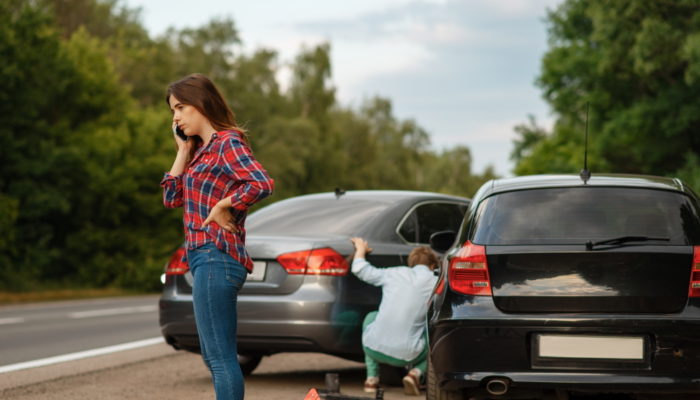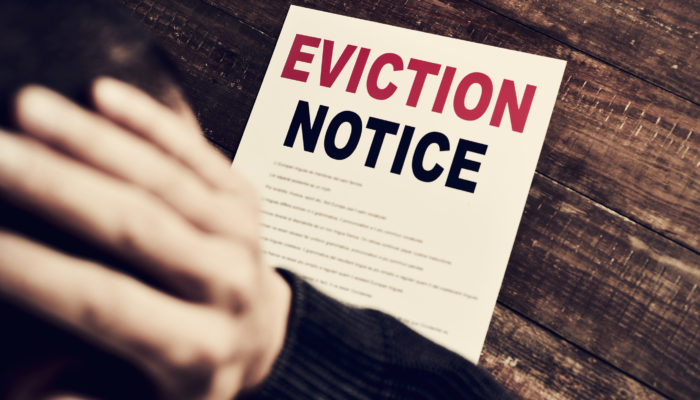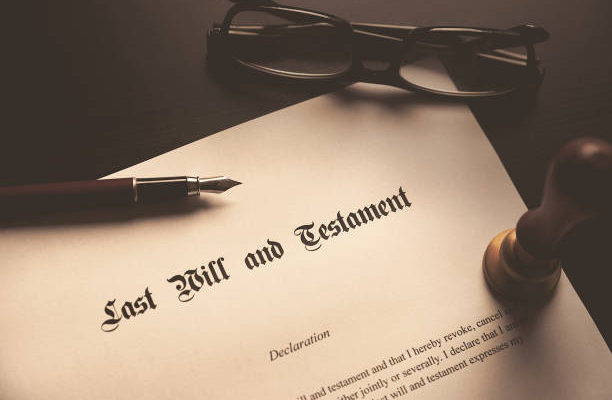It is reported that Florida has one of the highest rates of deadly automobile accidents in the United States according to one of the latest reports on motor vehicle accidents. It is important to note that these conclusions are drawn from data from various sources with different methods for counting car accidents. For instance, the state of Florida has a higher proportion of the total amount of all car accidents compared to the state’s proportion of the total country’s population.
Florida’s overall automobile crashes make up about 6.2% of the total United States automobile accident crash volume. However, Florida’s proportion of automobile accident injuries is a remarkable 13.4% and accounts for more than 9.1% of roadway deaths resulting from an automobile accident. Consequently, the studies appear to show that Floridians crash as often as expected but have a higher likelihood of causing accident-related injuries or deaths.
To date, Florida has not required Bodily Injury Liability coverage for its drivers to operate a car legally. Only after a driver causes an accident that results in bodily injuries to another person, are they required to have either Bodily Injury Liability coverage or post a bond for the required amount of coverage.
It often arises that people get into an auto accident in Florida where the responsible or at fault driver has no Bodily Injury Liability insurance (BI). In these situations, it would be wise to be proactive and purchase an automobile insurance policy that comes with Uninsured Motorist (UM) coverage. Accordingly, if a Florida resident gets into a motor vehicle accident and the liable driver does not have BI insurance coverage, an individual will still be able to file their personal injury claim under the UM coverage they have with their own automobile insurance company. Their insurance carrier will then process the claim following the same process or procedure as it would for an opposing insurer. The only difference is that the claim will be against one’s own UM coverage and not against another driver or vehicle owner. Likewise, if involved in a hit-and-run accident where the responsible driver has fled the scene before information can be obtained, one can again seek compensation from their own UM coverage with their automobile insurance company.
If you should have additional questions, please contact your insurance agent, insurance carrier or one of the attorneys at CASERTA & SPIRITI before an auto accident occurs.










